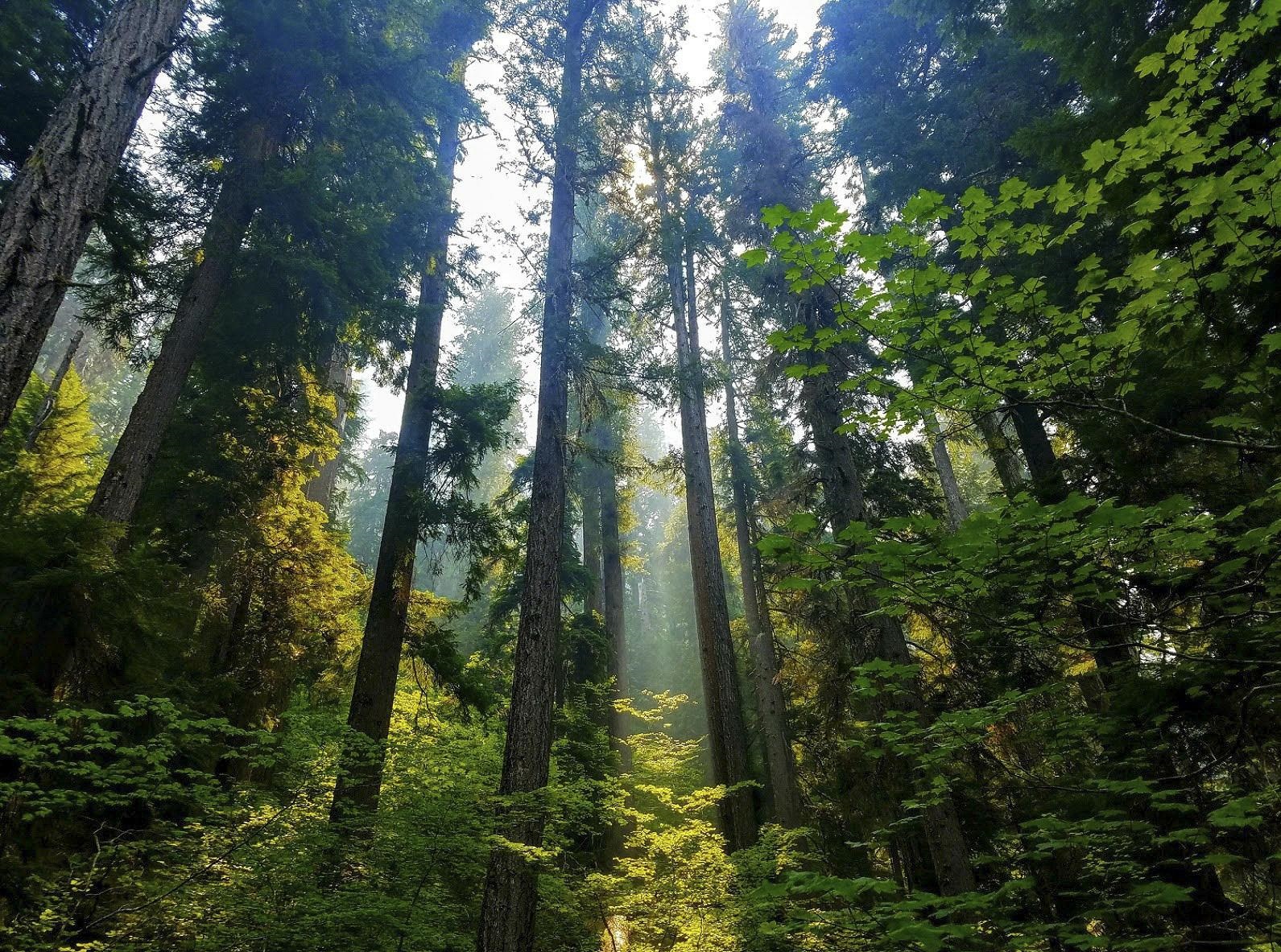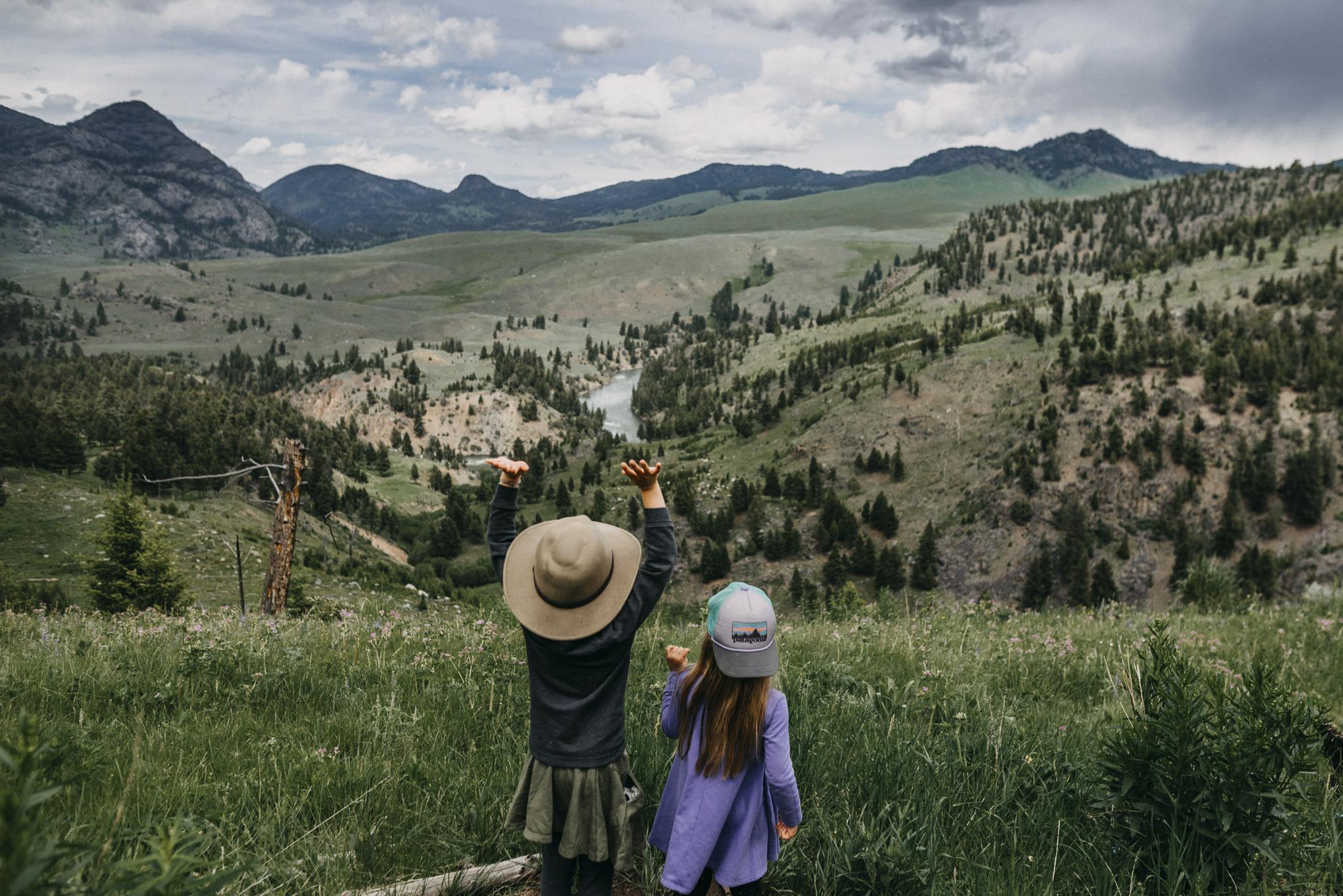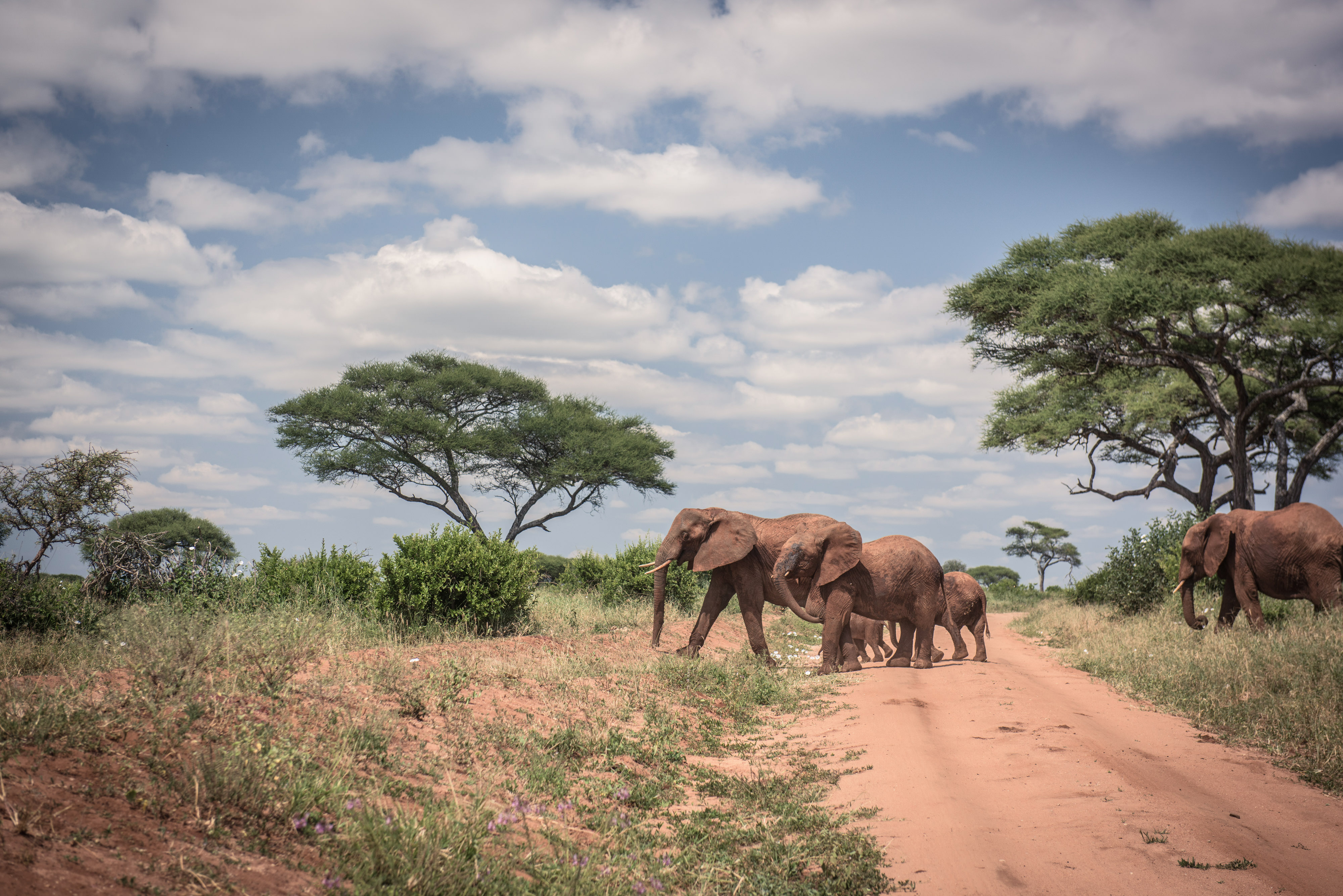If We Want to Be Secure, We Must Invest in Nature
When we invest in conservation efforts abroad, the result is a safer, healthier, more stable, more secure, and more prosperous world.
If this past year has taught us anything, we live in an interconnected world, one where nature has a role in every country’s health, security, and prosperity.
What Is Natural Security?
The ties between conservation and security have become increasingly clear.
Understand the ImpactAs we continue to grapple with COVID-19 – most probably having emerged from zoonotic pathogens that jumped from wildlife to humans, spreading fast and causing a global pandemic – every person on the planet has experienced what it means to live in an interconnected world. In fact, in a report released earlier this year, we found a significant link between the trade and trafficking of wildlife and the spread of infectious diseases.
But it is not just about zoonotic diseases. The world is less safe when criminals and extremist groups profit from stealing and poaching wildlife and natural resources, especially in already fragile nations. When shortages of fresh water, food, and other natural resources contribute to instability and conflict, they directly impact U.S. economic, health, and national security interests.
Quote
When shortages of fresh water, food, and other natural resources contribute to instability and conflict, they directly impact U.S. economic, health, and national security interests.
This is not new for those of us advocating for more leadership and investment by the U.S. government in global biodiversity and climate change programs. For quite some time, these issues have underpinned The Nature Conservancy (TNC) ’s collaborations with our global partners in this work—World Wildlife Fund, Conservation International and Wildlife Conservation Society.
This partnership also manifests in our joint efforts to educate decision-makers on Capitol Hill and current and past administrations that determine how much the United States contributes to global efforts addressing biodiversity loss and climate change.
These two issues threaten our economy, health, and national security if not addressed. Through our joint efforts, we have engaged a growing bipartisan chorus in Congress and in communities throughout America to appreciate the direct benefits of strategic investments by the U.S. government in global conservation.

More recently, we have been coordinating under the banner of a campaign appropriately named Natural Security. It is imperative to strengthen and expand U.S. investments in conservation globally. These investments directly contribute to America’s long-term foreign policy objectives and enhance U.S. economic and national security interests around the globe.
U.S. national security and intelligence experts have been researching and discussing this threat for a long time. Recently, the Council on Strategic Risks detailed key actions the United States can take to address natural security – referred to in the report as ecological security - and to underscore the urgency of action.
We know global conservation measures are critical components of preventing future pandemics and the other negative consequences of ecological loss and disruption. This is why TNC has joined the Preventing Future Pandemics coalition. We are encouraged by more discussion of these topics and efforts to find durable and meaningful solutions. Many of these solutions are already within programs administered by the U.S. Agency for International Development (USAID), U.S. Department of State and other federal entities, in addition to U.S. contributions to multilateral agencies and policy instruments.

We do not know when the next pandemic with zoonotic origins will strike again. We do not know where a conflict over dwindling freshwater sources or other natural resources will contribute to the eruption of internal or international conflict. But we do know that when we invest in conservation efforts abroad, the result is a safer, healthier, more stable, more secure, and more prosperous world.
You can join these efforts and lend your voices too. For more information, please visit naturalsecurity.us.
Nav Dayanand is a Senior Policy Advisor. He supports The Nature Conservancy’s engagement on U.S. foreign policy and aid priorities. He is a human rights lawyer by background and has more than a decade in global conservation policy experience.


